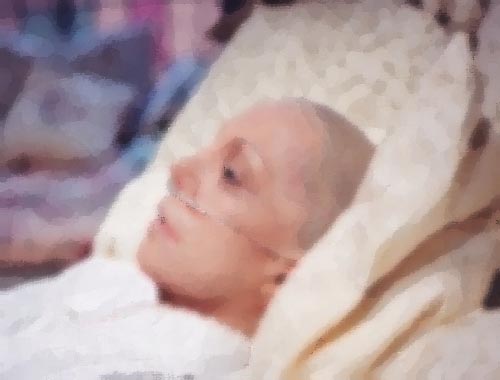Chemotherapy
Because cancer cells grow and divide rapidly, anticancer drugs are designed to kill fast-growing cells. But some normal, healthy cells also grow and divide quickly, and chemotherapy can affect these normal cells too, causing side effects to happen. The fast-growing, normal cells most likely affected are blood cells forming in the bone marrow and cells in the digestive tract, reproductive system and hair follicles. Anticancer drugs can also damage cells of the heart, kidney, bladder, lungs and nervous system. The most common side effects of chemotherapy include nausea and vomiting, hair loss and fatigue. Most normal cells recover when chemotherapy is over, so most chemotherapy side effects slowly disappear after treatment ends and the healthy cells have a chance to grow normally. Some side effects go away fairly quickly and others may take months or years to disappear completely. Sometimes side effects can last a lifetime.
